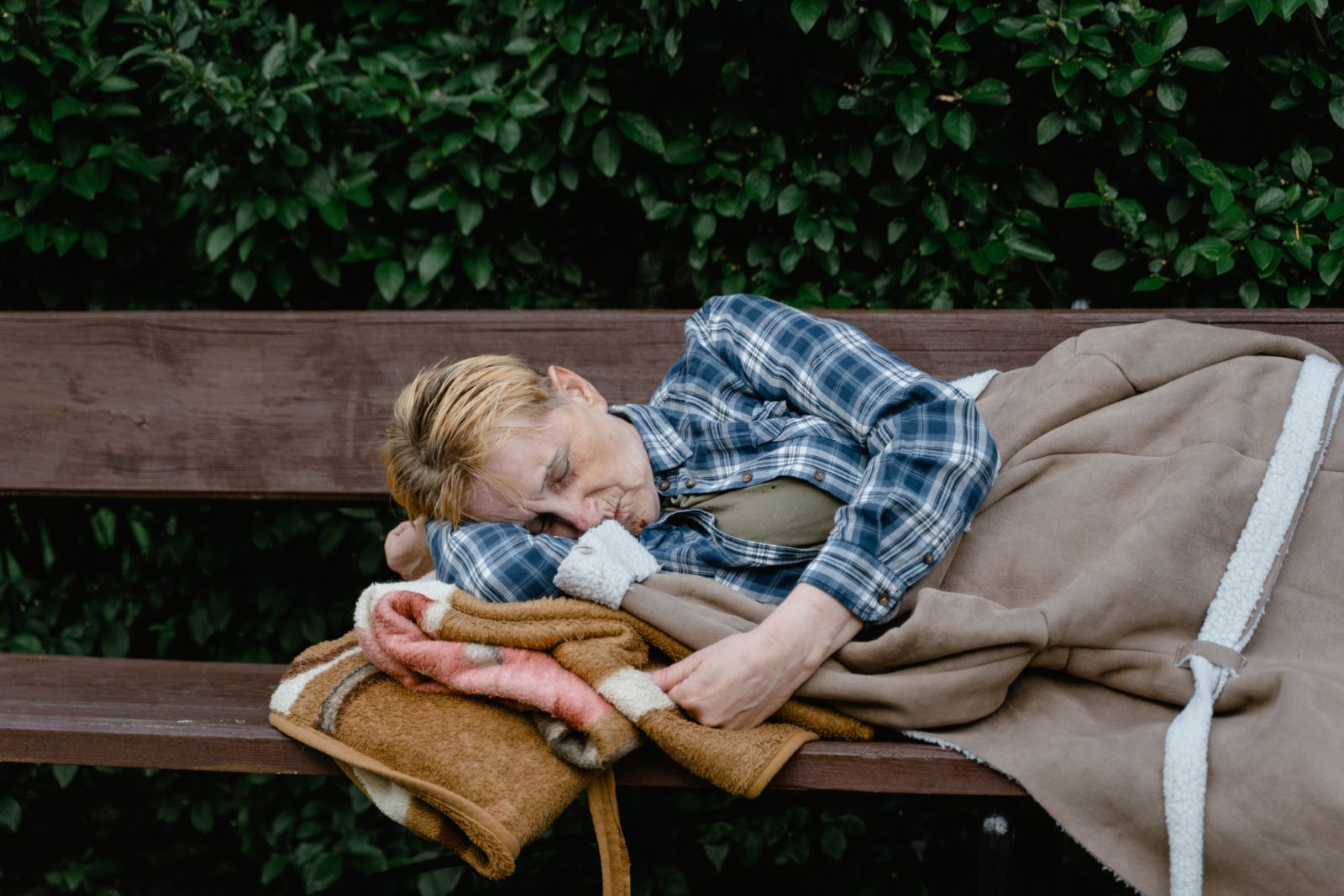Almost two-thirds of Czechs fear a decline in living standards and poverty in the context of rising prices. Eight out of ten people are already cutting back and reducing their needs due to high energy prices. The STEM survey shows.
According to the survey, 65 percent of people are worried about poverty or an unbearable reduction in their standard of living. This is more often the case for women and people with lower education. However, even among university students, 54 percent declare this fear.
The cabinet’s efforts to prevent an increase in poverty are considered sufficient by 16 percent. Eighty-four say they are insufficient. Only voters of the ruling ODS party (55 percent) are most convinced of the adequacy of the measures. At the same time, dissatisfaction prevails among other parties of the ruling coalition, but not the opposition.
Only 18 percent of people declared their conviction that the situation with rising prices will be better in a year. This is often the case with university students and young people under 29. People who consider themselves well-off are also more optimistic. Thirty-five percent of them have positive expectations, while only 15 percent of respondents among the moderately well-off and seven percent among the poorly-off have positive expectations.
According to the survey, 80 percent of people have resorted to substantial saving and cutting back on needs in the face of price increases.
“The situation is most acutely affecting people over sixty, with 89 percent saying they have already had to start cutting back more (59 percent even giving the definite answer ‘definitely yes’). On the other hand, the largest group of those who have not yet had to take major austerity measures (31 percent and not) is among young people under 29,” the survey says.
People’s preferences for state investment have also changed compared to 2020. Two years ago, two-thirds of people (67 percent) preferred to invest in environmental protection; currently, 47 percent would like such investments, while 53 percent would like to increase social benefits.
At the same time, people are more likely to prefer an increase in aid to families with children (62 percent) than an increase in pensions (38 percent).
The survey was conducted from June 10 to 20 and involved 1,018 respondents.








Leave a Reply